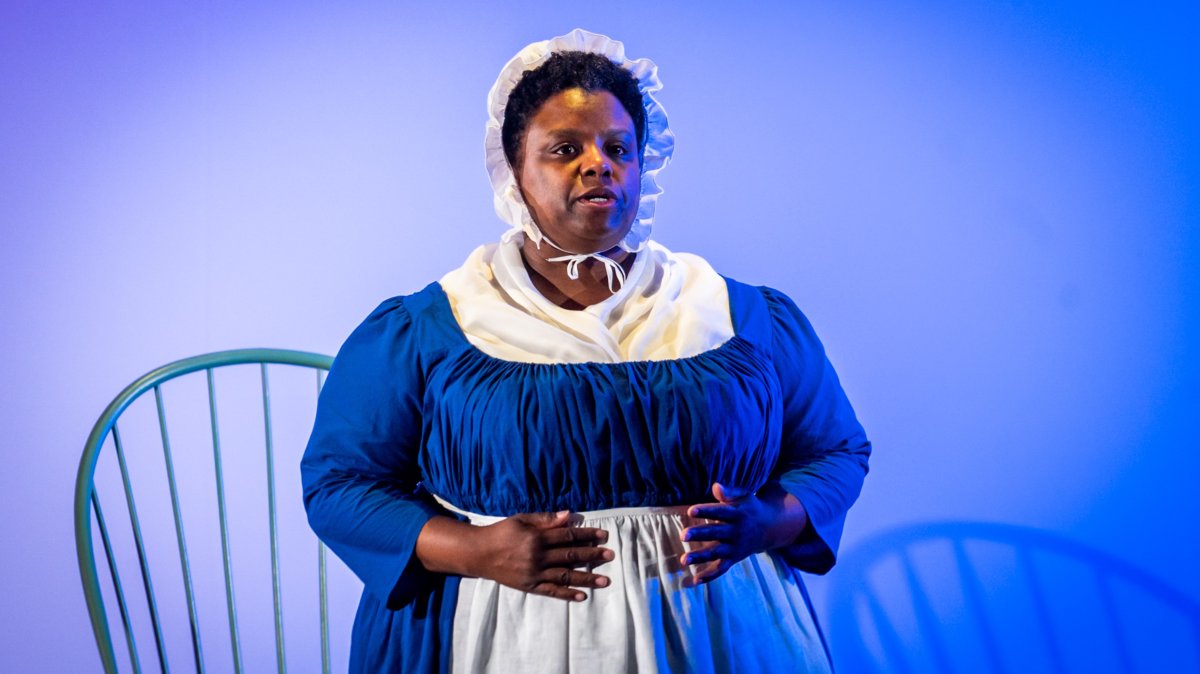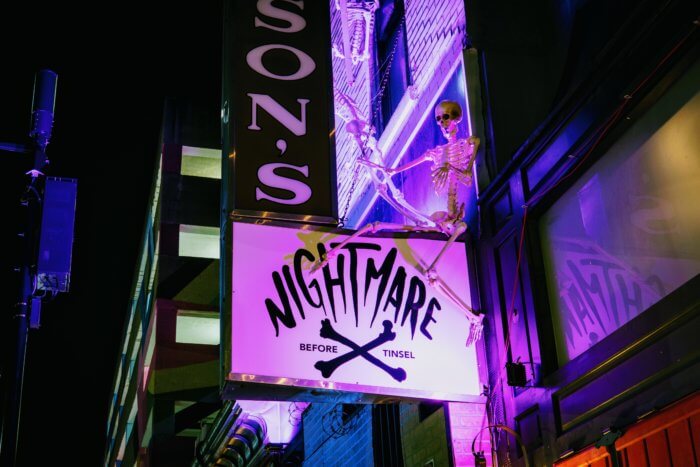The Museum of the American Revolution has always been dedicated to telling the untold and lost stories of our country during the Revolutionary period.
And that includes historical women.
During the month of March, which is also Women’s History Month, Philadelphians will be able to get an in-depth look at what females have done to impact our nation and its history to this day. The month-long commemoration also acts as a great complement to the museum’s latest exhibit that opened last year, “When Women Lost the Vote: A Revolutionary Story, 1776-1807.”
Throughout the exhibit, which opened last September, visitors will be able to explore the compelling story of how of women and free people of color were legally allowed to vote in Revolutionary-era New Jersey before political conflicts led to those rights being stripped away in 1807. The MOAR has weaved the new exhibit into their pre-existing core exhibit with an audio tour to match that can be downloaded on visitor’s phones to help adjust to social distancing needs.

The exhibit itself offers a unique look into history, one that isn’t that far off in time but seems way off in ideals. ‘When Women Lost the Vote’ features more than 65 original objects including textiles, manuscripts, and works of art, bringing to life the forgotten stories of the women who first pioneered the vote. Also featured in the exhibition will be several of the recently discovered poll lists that feature the names of 163 female voters and four Black male voters, tracked down by the museum’s curatorial team during an extensive examination of voter records. Prior to this discovery, little proof of women or people of color voting during this period was known to exist.
“When Women Lost the Right to Vote” also holds a letter from Abigail Adams to her husband John imploring him to “Remember the Ladies” when declaring the emerging republic’s independence. The statement has become one of the most famous from the first lady.
On top of the exhibit, there are other ways that visitors can celebrate Women’s History Month.
According to a release, in conjunction with “When Women Lost the Vote,” the museum has launched two new 25-minute filmed theatrical performances written and performed by women. The films are based on the lives of Elizabeth “Mumbet” Freeman, a Massachusetts woman who sued for freedom from enslavement and won; and Rebecca VanDike, an early voter in Revolutionary-era New Jersey. Afterwards, watch a behind-the-scenes look at the making of the performances with the actresses, writers, and museum staff. The films are screened daily at the museum and are available online.

Along with the films, Philadelphians can also join other stand-alone events. First up is the Read the Revolution Speaker Series with Dr. Cassandra Good regarding the men and women who took risks to form friendships with each other during the Revolutionary era. It will be held on March 9 at 6 p.m., followed by an Artisan Workshop Stitch-In where participants will make an embroidered pin cushion on March 10 and 17, starting at 7 p.m. Then, on March 20, the MOAR will be hosting a History Explorers Club surrounding the spies of the Revolution including Agent 355, a female spy who worked for George Washington’s famous Culper Ring.
Lastly, Philadelphians can join in on “Remember the Ladies”: The Premiere of a New Choral Work by Dr. Melissa Dunphy in Partnership with PhilHarmonia on March 25 at 6:30 p.m. According to the release, when acclaimed contemporary composer Dunphy heard that Abigail Adams’s famed “Remember the Ladies” letter was returning to Philadelphia, she was inspired to interpret—through music—what Adams’s powerful words could mean for our current moment. Join Dunphy for the choral premiere of “Remember the Ladies,” which sets excerpts from the letter for a cappella mixed chorus, performed by the 40-voice community choir PhilHarmonia.
A full list of events surrounding Women’s History Month and for more information on the MOAR, visit amrevmuseum.org
































